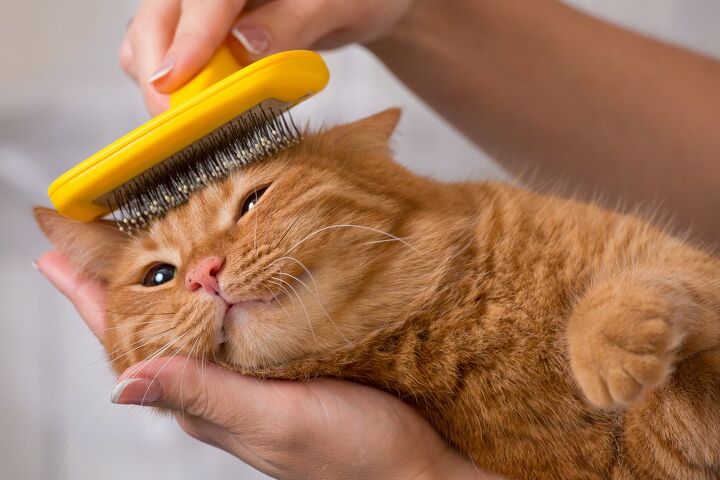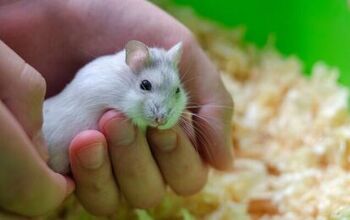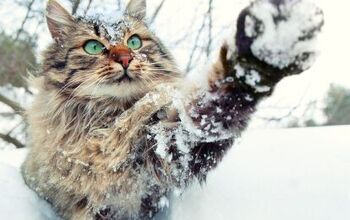Grooming Senior Cats: Why It’s Important

Having a grooming routine for your cat is recommended regardless of your kitty’s age, but it can become even more important as your pet gets older.
Why is it wise to brush your senior kitty often? Keep reading to learn more about this topic so you can take steps to help your companion look and feel good.
Brush Your Senior Cat’s Coat
Senior kitties might have trouble grooming themselves, especially if they have a medical problem like arthritis. They might not be as flexible as they used to be, or they might have discomfort or pain, and all those factors may prevent them from being able to reach every part of their body to clean themselves.
When your cat is unable to properly groom, their fur may become matted and it may not look as smooth and healthy as it should. Thankfully, your kitty has you to help them! If you haven’t already established a brushing routine with your pet, that’s totally fine, as it’s really never too late. If this is new to your cat, just go slow so they can get used to it without feeling stressed, and consider using treats and praise to keep your kitty happy and at ease.
Brushing your pet is a great way to help keep the skin healthy and the coat smooth, whether they have a short, medium, or long coat. Just do so gently with a comb or brush that feels good to your cat and helps them relax. It only takes a few minutes every day or at least several times a week. Plus, the nice thing about brushing your cat is that it might also help prevent hairballs because you’ll be removing loose hair before your kitty ingests it.
Note: Removing mats from your cat’s fur can be challenging, and if you do it incorrectly or too aggressively, you may end up hurting your kitty. Trying to cut or shave the mats might also result in skin injuries. So, it’s wise to talk to your veterinarian about what to do, or you could consult with a professional groomer who can help. Once the mats are removed, brushing regularly, as discussed above, may help prevent new ones from forming.
Trim Your Senior Cat’s Claws
A kitty’s claws may become thicker and weaker as they get older. Plus, senior cats might not use their scratching posts as much as they should, and their nails might grow too long or, worse yet, become ingrown.
Once again, you can step in and help so your kitty’s claws won’t get too sharp or too long. By using a pair of nail clippers designed for cats, you can get the job done super fast. After a good trimming, your kitty’s claws won’t be able to scratch you or get caught in things as easily, so everyone can feel more relaxed.
You won’t need to trim your cat’s claws every time you brush them. Instead, it might need to be done every couple of weeks, but the frequency will depend on how quickly they grow. Take care to avoid the quick in each nail, and ensure your kitty is comfortable through the process.
Ask a veterinarian or a professional groomer for help if you aren’t sure how to trim your cat’s claws or if you need help training your senior kitty to tolerate having their claws trimmed. And if any of your pet’s claws are ingrown, contact your vet so they can provide treatment.
Grooming = Bonding
Grooming your cat is a great way to pamper them and bond with them, and senior kitties can benefit from brushing and claw trimming sessions, so don’t neglect this important aspect of pet care.

Lisa Selvaggio is a freelance writer and editor, and our resident cats-pert, with certifications in pet nutrition and pet first aid. She enjoys producing content that helps people understand animals better so they can give their pets a safe and happy home.
More by Lisa Selvaggio























